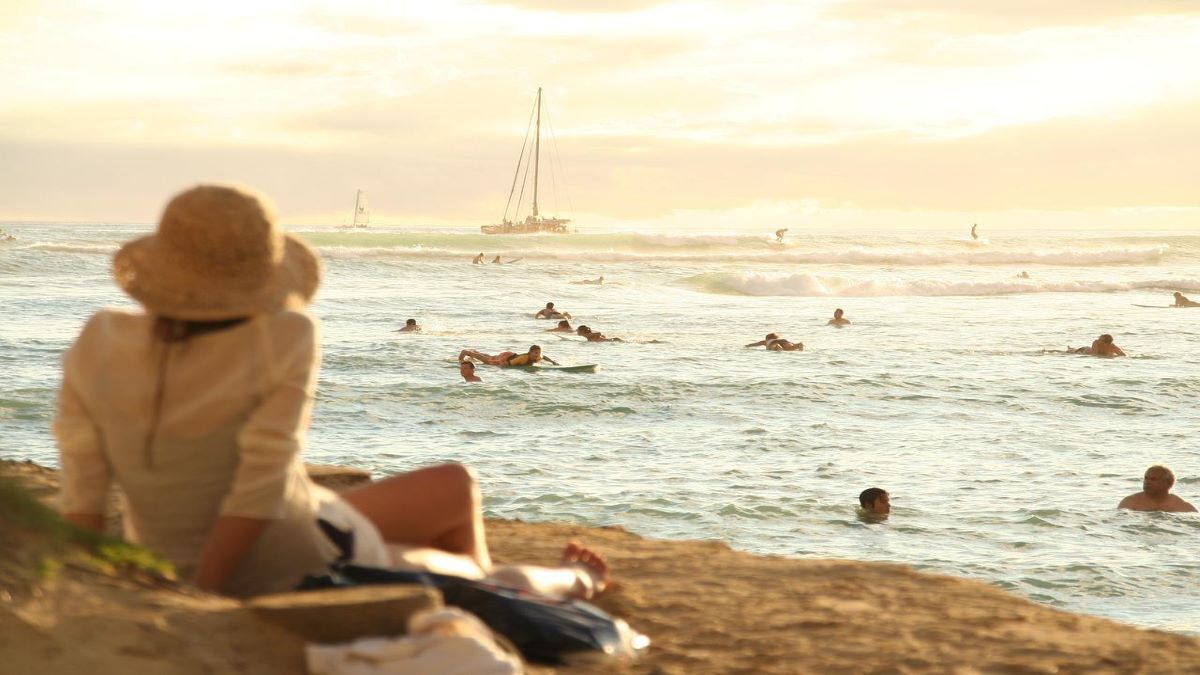The public in Hawaiʻi are being asked to help certain sea turtles lay their eggs during the nesting season that began in mid-April and will continue through September on local beaches.
The honu (Hawaiian green), in particular, may be helped by people staying at least 10 feet from them and their nests, a May 11 Fish and Wildlife Service news release said. The honu and honuʻea (Hawaiian hawksbill) nest on Hawaiʻi beaches.
“The most important thing we can do for honu is give them space,” Sheldon Plentovich, U.S. Fish and Wildlife Service coastal program coordinator, said in the release. “Most honu nest at night and are easily disturbed by lights, including flashlights, cell phones (e.g., flash photography), bonfires and flood lights. Any bright lights can disorientate nesting females and hatchlings. While we don’t know how many honu will nest along Hawaiʻi beaches this year, both state and federal agencies are working together with our community volunteers to locate and monitor them.”
Honu mostly nest on Lalo/French Frigate Shoals in Papahānaumokuākea Marine National Monument, and honu‘ea on the islands of Hawaiʹi, Maui and Moloka‘i, according to the news release. The rare olive ridley sea turtles nest on the islands of Hawaiʻi, Maui and Oʻahu.
The news release reports people can help the honu in a variety of ways. Stay back and do not feed, touch, or chase honu; don’t block their ocean access; don’t drive off-road vehicles on the beaches; and don't shine lights near sea turtles or on nesting beaches after dark.
People who live near a nesting beach may contact the Pacific Islands Fish and Wildlife Office at 808-792-9400 for information on “turtle friendly lighting,” according to the release.
There are certain turtle behaviors to be aware of during nesting season, the release reported. Nesting occurs at night, near or under vegetation and well above the high tide line. You may see honu digging with their rear flippers and throwing sand with their front flippers. Basking is another behavior you may see with sea turtles. This usually happens near the water and can happen day or night.
Honu nesting activities may be reported to the NOAA Fisheries Marine Wildlife Hotline at 1-888-256-9840, the news release said.






